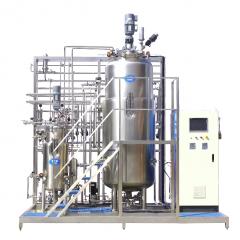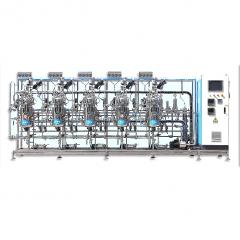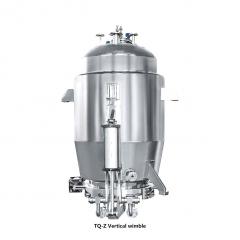
A bioreactor is a device used to cultivate organisms (such as cells, microorganisms, etc.) and control their growth environment. It usually consists of a container, a stirrer, a temperature control system, a gas supply system, and a pH control system. Bioreactors can be used in fields such as bioengineering, biotechnology, pharmaceuticals, etc., for the production of biological products, biofuels, drugs, etc.
Main functional features:
Controlling the growth environment of organisms: Bioreactors can control parameters such as temperature, pH value, oxygen supply, and nutrient supply to provide the most suitable environmental conditions for the growth of organisms. Stirring and mixing: By using a stirrer, the organisms and nutrients in the culture medium can be kept evenly mixed, ensuring that the organisms receive sufficient nutrition and oxygen. Online monitoring and control: Bioreactors are usually equipped with sensors and control systems that can monitor the growth of organisms and environmental parameters in real time, and adjust them as needed. Scale adjustability: Bioreactors can be scaled up or down as needed, from small-scale laboratory scale to industrial production scale. Disinfection and cleaning: Bioreactors need to have disinfection and cleaning functions to prevent bacteria or other pollutants from affecting organisms. Multifunctionality: Bioreactors can be adapted to different types of organisms and production needs, with high flexibility and applicability. Bioreactor is an important biotechnology equipment that can provide a favorable growth environment and conditions for the cultivation and production of organisms, and is widely used in fields such as biopharmaceutical production and biotechnology research.












